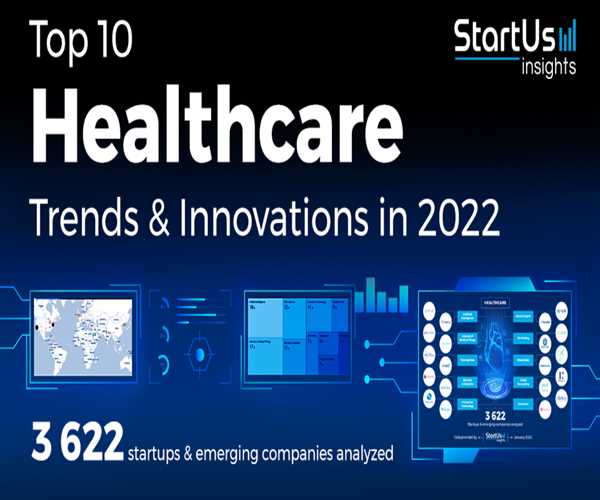Healthcare process development has been changing rapidly in recent years as new technologies and innovations have made their way into the industry. From artificial intelligence to virtual reality, the healthcare process is undergoing a revolution. Here are some of the latest trends in healthcare process development that are helping to shape the future of the industry.
1. Automation and Artificial Intelligence: Automation and Artificial Intelligence (AI) are becoming increasingly important in healthcare process development. AI can help simplify data-driven decisions, reduce errors, and increase efficiencies. It can also be used to automate tedious and repetitive tasks, free up staff’s time for more important tasks, and provide better care for patients.AI can also be used to develop more efficient medical care processes and to improve the accuracy of diagnostic and prognostic tools.
2. Digital Transformation: Digital transformation is playing a major role in healthcare process development. Another key trend in healthcare process development is the development of digital health tools, such as mobile applications and wearables, to improve patient engagement. Digital health tools allow patients to track their own health data, as well as to receive personalized health advice from their healthcare providers. This can help to improve adherence to treatment plans and increase engagement in health-related activities.

3. Telemedicine: Healthcare organizations are also investing in remote care solutions to provide better care to patients who are unable to visit a traditional healthcare facility. Telemedicine is becoming increasingly popular in healthcare process development. Telemedicine allows healthcare providers to diagnose, treat, and monitor patients remotely. This can save time, reduce costs, and increase patient's access to care.
4. Wearable Technology: Wearable technology is making its way into healthcare process development. Wearable tech can help patients monitor their own health, as well as provide healthcare providers with real-time data. This data can then be used to improve patient care and make more informed decisions.
5. Big Data: Healthcare process development is becoming increasingly focused on the importance of data security and privacy. Data security is becoming increasingly important, as health systems are handling more sensitive data than ever before. In order to protect patient data and ensure privacy, organizations must adopt secure processes, such as encryption and access control. Big data is revolutionizing healthcare process development. Big data analytics can help healthcare organizations better understand their patients, identify trends and patterns, and improve accuracy and efficiency.
6. Healthcare organizations are shifting towards value-based care, with the goal of providing better quality care at a lower cost. Value-based care focuses on outcomes and quality, rather than on the number of services or procedures provided to a patient. As part of this trend, healthcare organizations are investing in data analytics and predictive analytics to better understand and predict patient outcomes. This can help healthcare providers to provide more personalized care and to minimize healthcare costs.
These are just a few of the latest trends in healthcare process development that are helping to shape the future of the industry. As new technologies come to the forefront and healthcare organizations embrace digital transformation, healthcare process development is sure to continue to evolve in the years ahead.